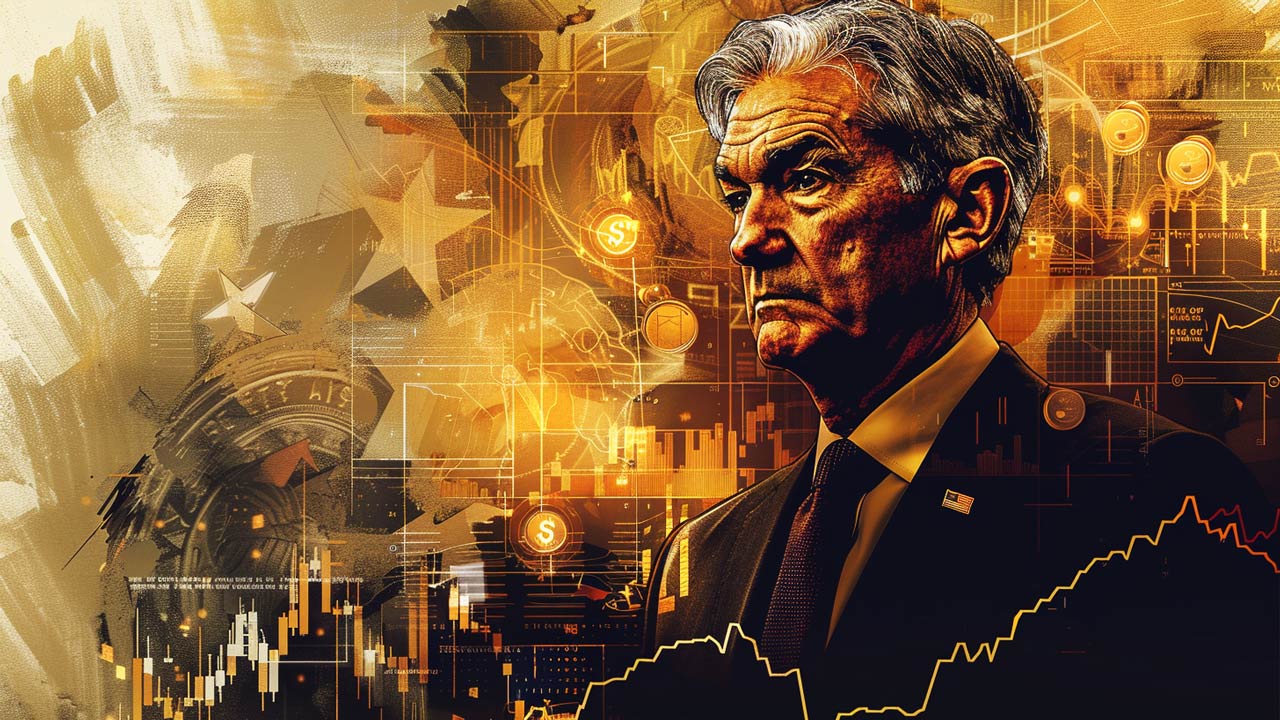Jim Rickards: The Slow-Motion Meltdown
Sept. 15 marked the 10-year anniversary of the Lehman Brothers bankruptcy.
Many investors undoubtedly remember that day clearly. But as Jim Rickards pointed out in a recent article at the Daily Reckoning, that day was actually the culmination of a long meltdown. Investors should have seen it coming. In fact, they could have seen it coming had they been paying attention.
So, are we in the midst of a similar slow-motion meltdown today?
Rickards contends the September 2008 Lehman-AIG crisis actually started in June 2007.
That month, HBC reported weaker than expected earnings due to increasing subprime mortgage defaults. The following month, two Bear Sterns hedge funds collapsed because they could not roll over short-term financing of long-term mortgage securities. In August, the panic intensified. The Fed even cut interest rates, starting down the path to 0%. BNP Paribas shuttered three major money market funds it sponsored and suspended redemptions.
Markets calmed down that winter. Sovereign wealth funds pledged billions of dollars to prop up US banks. Everything appeared to be heading back in the right direction.
But panic set in again in the spring of 2008 with the failure of Bear Sterns in March, and the collapse of Fannie Mae and Freddie Mac in June. That panic morphed into a global liquidity crisis culminating in the bankruptcy of Lehman Brothers in September and the subsequent insolvency of AIG.
With Wall Street facing a sequential collapse of other banks, Congress and the Federal Reserve stepped in with trillions of dollars in guarantees, swaps and bailouts.
Rickards also chronicles how the September 1998 Russia-LTCM crisis actually began in June 1997, 15 months earlier. That crisis kicked off when Thailand devalued its currency and closed its capital account.
Both of these panics — 1998 and 2008 — began over a year before they reached the level of an acute global liquidity crisis. Investors has ample time to reduce risky positions, increase cash and gold allocations and move to the sidelines until the crisis abated.”
But investors tend to miss or discount the early signs of a crisis. They get caught up in the euphoria of the boom. As Rickards put it, they suffer from the “fear of missing out” as the markets continue to rise leading up to the actual panic.
They persisted in the mistaken belief that they could ‘get out in time’ if markets reversed, not realizing that reversals happen much faster than rallies. They held onto losing positions hoping they would ‘come back’ (they did after 10 years) and so on.”
As we recall the 2008 financial crisis, we are seemingly still in the midst of another boom. The mainstream believes everything is great. GDP is growing, stock markets are going up, unemployment is low. But Peter Schiff recently said were on the verge of a category five economic hurricane. Is Peter right? Are investors missing the early warning signs? Are we already in the midst of a slow-motion meltdown. Are markets telling us that another global liquidity crisis is on the way in 2019?
Rickards said it’s impossible to know, but he points out some signs that are not particularly encouraging.
Venezuela is an economic and human rights tragedy. Turkey, Argentina and Indonesia, all major emerging-market economies, are in complete meltdown. India, Malaysia, Brazil and Mexico are in the midst of currency collapses. South Africa is in recession. China’s growth is slowing and its debt is unsustainable. The trade war between the U.S. and China is starting to take its toll and will get worse. Then there are geopolitical hotspots like the South China Sea, North Korea, Syria, Iran, Ukraine, Taiwan and others that could turn into shooting wars in little or no time.”
Rickards suggests now may be the time buy gold. Even if you’re not convinced that a collapse is looming and don’t want to take an all-or-nothing approach, it’s still wise to be prepared. As Rickards put it, “The point is to act now and not wait until reality catches up to the slow-motion perception.”
Get Peter Schiff’s most important Gold headlines once per week – click here – for a free subscription to his exclusive weekly email updates.
Interested in learning how to buy gold and buy silver?
Call 1-888-GOLD-160 and speak with a Precious Metals Specialist today!





 Since Nayib Bukele became president of El Salvador, El Salvador has been in American media and global political discussion more than ever. While much of the attention focuses on Bukele’s mass incarceration of gang members and a decline in homicide of over 70%, Bukele has also drawn attention to his favoritism towards Bitcoin and how he […]
Since Nayib Bukele became president of El Salvador, El Salvador has been in American media and global political discussion more than ever. While much of the attention focuses on Bukele’s mass incarceration of gang members and a decline in homicide of over 70%, Bukele has also drawn attention to his favoritism towards Bitcoin and how he […] With gold hitting yet another awe-inspiring all-time high in the wake of Powell’s remarks reassuring markets (more or less) to expect rate cuts in 2024, a few analysts are pointing out risk factors for a correction — so is there really still room to run?
With gold hitting yet another awe-inspiring all-time high in the wake of Powell’s remarks reassuring markets (more or less) to expect rate cuts in 2024, a few analysts are pointing out risk factors for a correction — so is there really still room to run? Gold hit a new all-time nominal high, surpassing the previous record set in December of the previous year. The precious metal’s price reached approximately $2,140, indicating a robust and continuing interest in gold as a safe-haven asset, despite a rather peculiar lack of fanfare from the media and retail investors. This latest peak in gold […]
Gold hit a new all-time nominal high, surpassing the previous record set in December of the previous year. The precious metal’s price reached approximately $2,140, indicating a robust and continuing interest in gold as a safe-haven asset, despite a rather peculiar lack of fanfare from the media and retail investors. This latest peak in gold […] The gold price has been surging, with unprecedented central bank demand gobbling up supply. It has been a force to behold — especially as US monetary policy has been relatively tight since 2022, and 10-year Treasury yields have rocketed up, which generally puts firm downward pressure on gold against USD.
The gold price has been surging, with unprecedented central bank demand gobbling up supply. It has been a force to behold — especially as US monetary policy has been relatively tight since 2022, and 10-year Treasury yields have rocketed up, which generally puts firm downward pressure on gold against USD.  Total gold demand hit an all-time high in 2023, according to a recent report released by the World Gold Council. Last week, the World Gold Council (WGC) released its Gold Demand Trends report, which tracks developments in the demand for and use of gold around the world. Excluding over-the-counter (OTC) trade, 2023 gold demand fell slightly from 2022 […]
Total gold demand hit an all-time high in 2023, according to a recent report released by the World Gold Council. Last week, the World Gold Council (WGC) released its Gold Demand Trends report, which tracks developments in the demand for and use of gold around the world. Excluding over-the-counter (OTC) trade, 2023 gold demand fell slightly from 2022 […]